Before, during, and after crisis: UNFPA’s ongoing work in Palestine
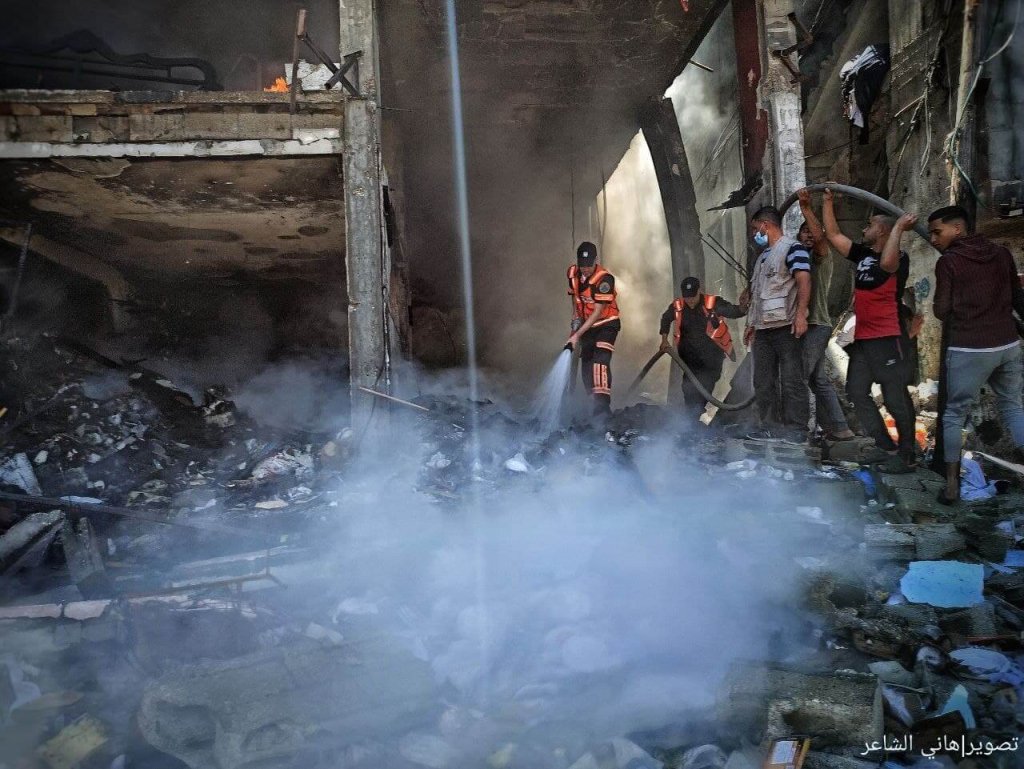
In April and May 2021, Palestinians endured airstrikes that destroyed homes, took down electricity systems, and left hundreds dead including dozens of women and children. The violence was especially intense in Gaza and the city of Jerusalem. In Gaza, 75,000 people fled their homes for safety. Tragically, for thousands of Palestinians injured by the violence or during migration, help may be hard to find. The World Health Organization reported over 90 attacks on health care facilities.
Despite the extreme risks, UNFPA is in Palestine providing lifesaving care to women and girls. The agency has operated in Palestine since 1986, with the goals of strengthening the health care system and responding to humanitarian needs. Right now, the humanitarian need in Palestine is immense and Palestinians need your support.
Women and girls in Palestine deserve to be safe and healthy, no matter what. Here are some of the interventions your contribution will make possible:
Safe spaces for survivors of violence
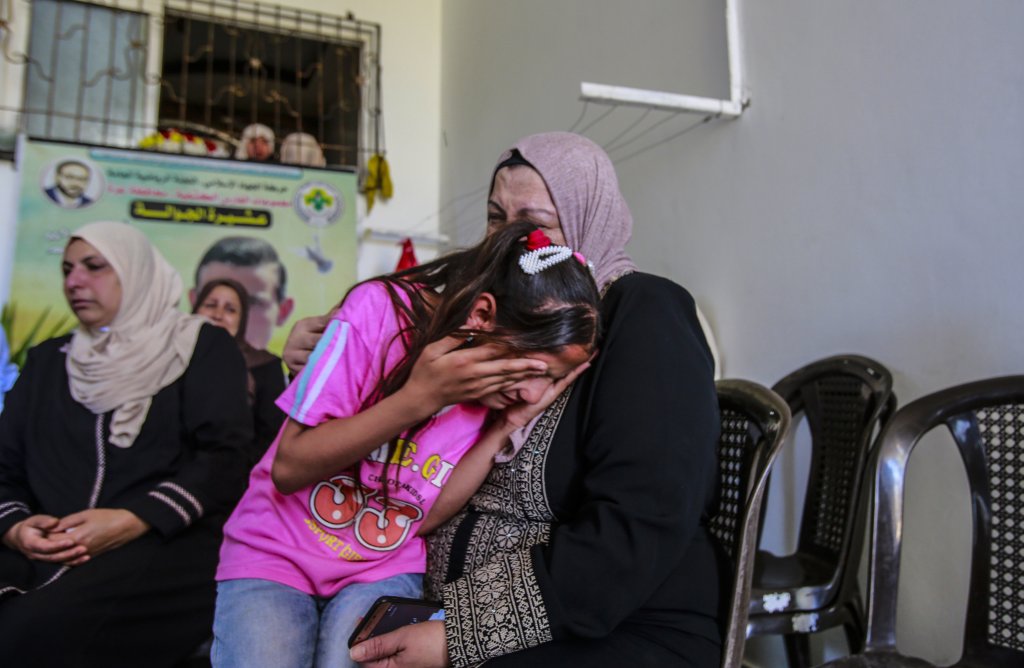
In 2020, UNFPA supported 10 safe spaces for survivors of gender-based violence across Palestine. These spaces are critical for survivors. Without them, they may be unable to access psychosocial support or sexual and reproductive health services. Amal, one woman who suffered from abuse and who benefited from a safe space, said, “I was shown the meaning of life and felt valuable for the first time in a long time.”
Gender-based violence, especially toward family members and partners, tends to increase during and after emergencies. For example, girls are especially vulnerable to child marriage, as their parents may feel that a husband will be able to protect them. However, this is false. In fact, child brides are more likely to experience abuse from their partners than older married women.
Today, UNFPA supports child brides and all survivors of violence through safe spaces, shelters, and protection programs.
Continuing vital prenatal and safe delivery care
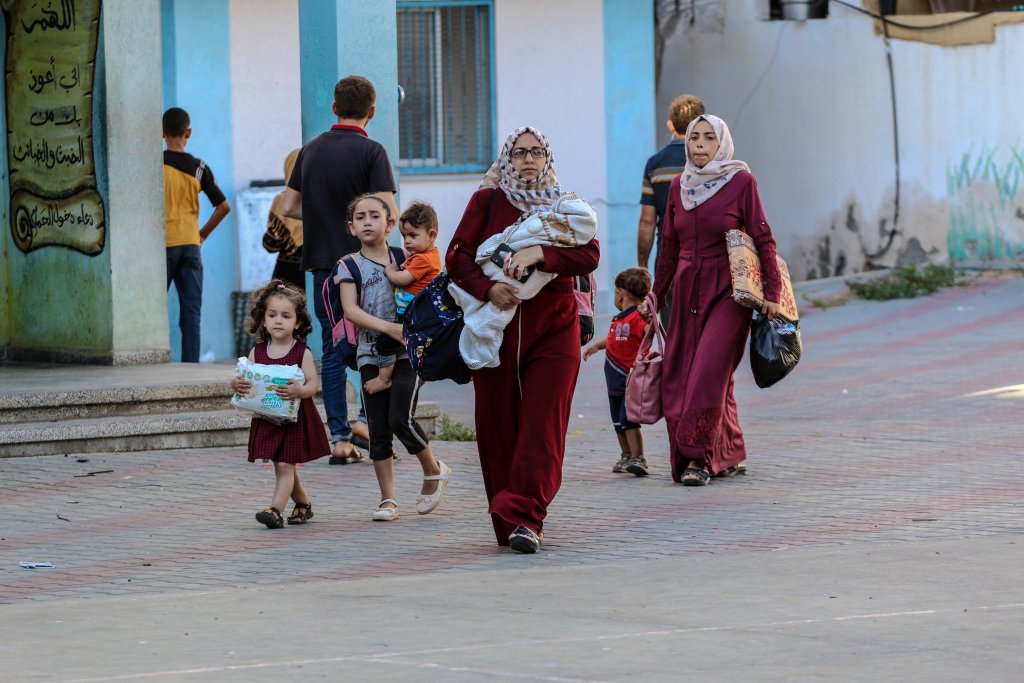
There are 87,000 pregnant women in Gaza and vulnerable communities in the West Bank in need of critical prenatal care. Of those women, 29,000 will give birth in the next 3 months and several thousand will experience life-threatening complications. Without access to timely reproductive health care, these women could die or experience birth injuries or infections.
UNFPA is distributing information on where and when pregnant women should access emergency care. Where possible, the agency is continuing to provide prenatal and safe delivery care on the ground. Finally, in areas where pregnant women have been cut off from vital health care, UNFPA is distributing emergency birth kits. The kits contain everything needed for a woman to give birth safely without a health care professional.
Meeting people where they are
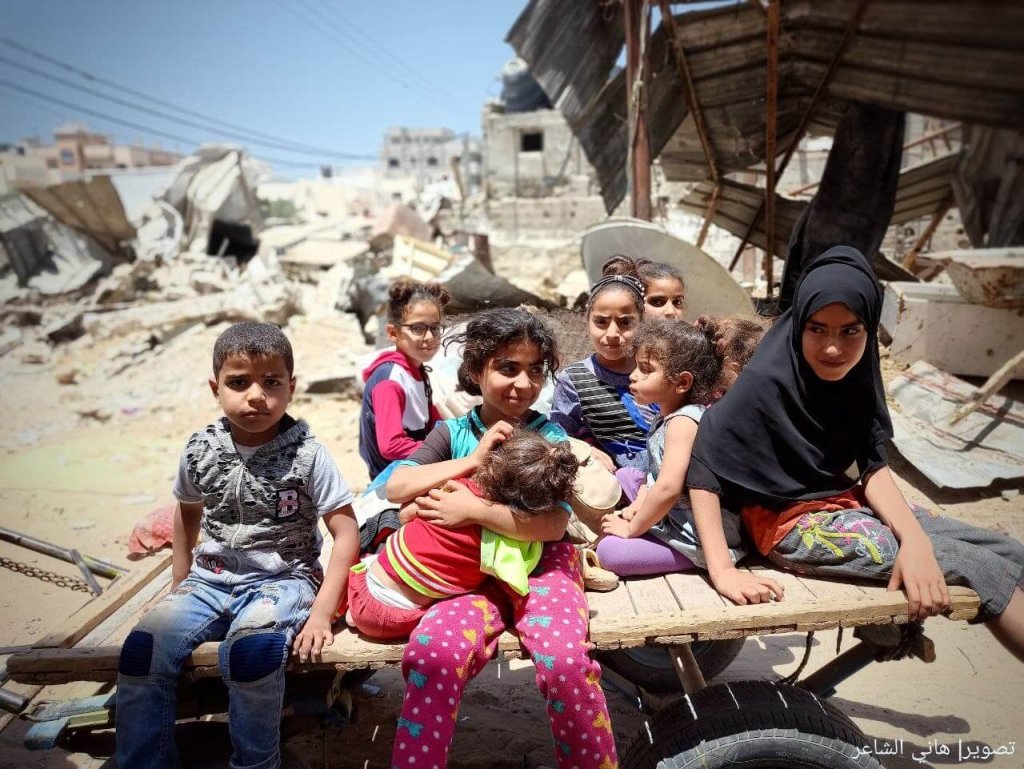
UNFPA is working with UNRWA, the United Nations agency for Palestinian refugees, to ensure all Palestinians have access to primary health care. The agency is operating mobile health clinics to reach home-bound Palestinians, those who have been cut off from health care by the violence, and those whose usual health care facilities have been damaged. Primary health care is critical in addressing the immediate health needs in Palestine. However, access to this care has been severely limited by the hostilities. In Gaza, 60% of the Ministry of Health’s primary care facilities and more than 1 in 3 of UNRWA’s primary care clinics remain closed.
Providing essential care items

Periods don’t stop for emergencies. Migrating women and girls, like those in Gaza, face extreme challenges. They are unlikely to be able to bring period products with them while they flee for safety. For example, Amira, is one woman who fled her home in Gaza. She said, “I evacuated from my home in order to protect my children. I brought only my ID… I feel helpless and weak.” During emergencies, supply chains can break down and migrant host communities can experience shortages, which further limit access to these essential products. To meet the demand, UNFPA is preparing and distributing dignity kits. The kits contain the personal care items women and girls need to manage their periods.
Scaling up immediate relief
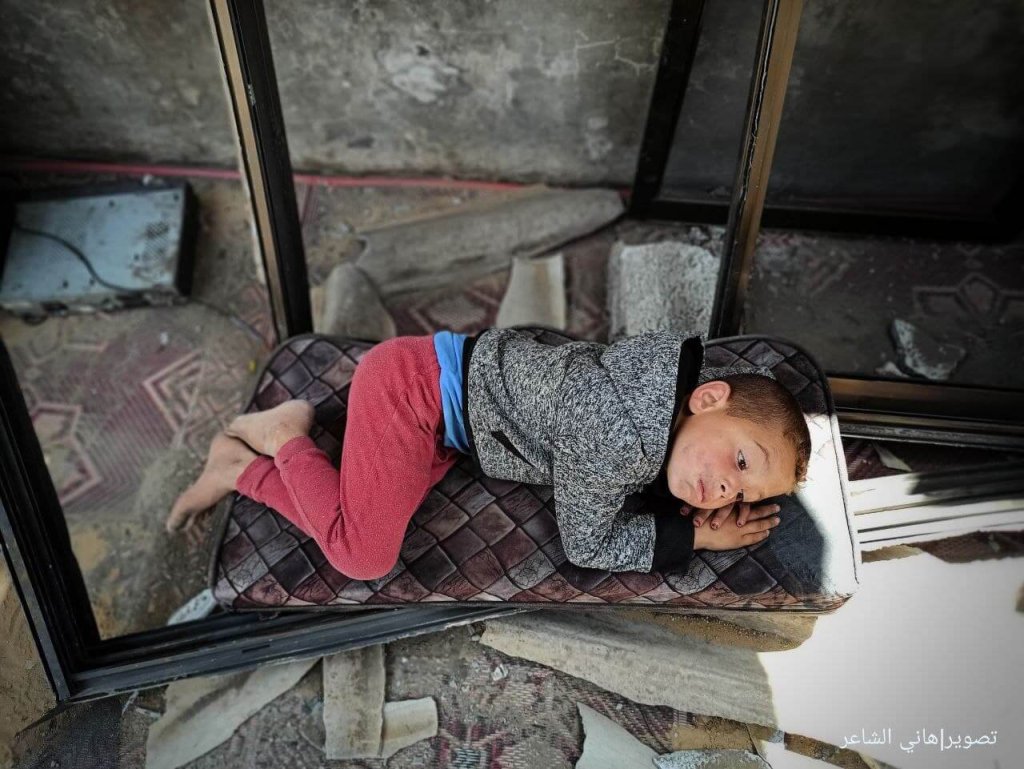
Throughout 2020, UNFPA worked with the World Food Program to assist survivors of violence through cash and voucher programs. The programs ensure that survivors will not become dependent on an abuser for food or other essentials. Now, with violence expected to increase in the aftermath of the recent violence, UNFPA is increasing its cash and voucher programs. Moreover, UNFPA has expanded access to the program for pregnant women and new mothers. Even with the uncertainty of a crisis, they will be able to care for themselves and their babies.
As a result of your support for these critical interventions, you make it possible for every Palestinian woman and girl to reach her fullest potential, even in the midst of a crisis. By providing lifesaving sexual and reproductive health care, you make it possible for pregnant women to survive childbirth, for survivors of violence to be free from abuse, and for all Palestinian women and girls to be safe and healthy.
-Dana Kirkegaard